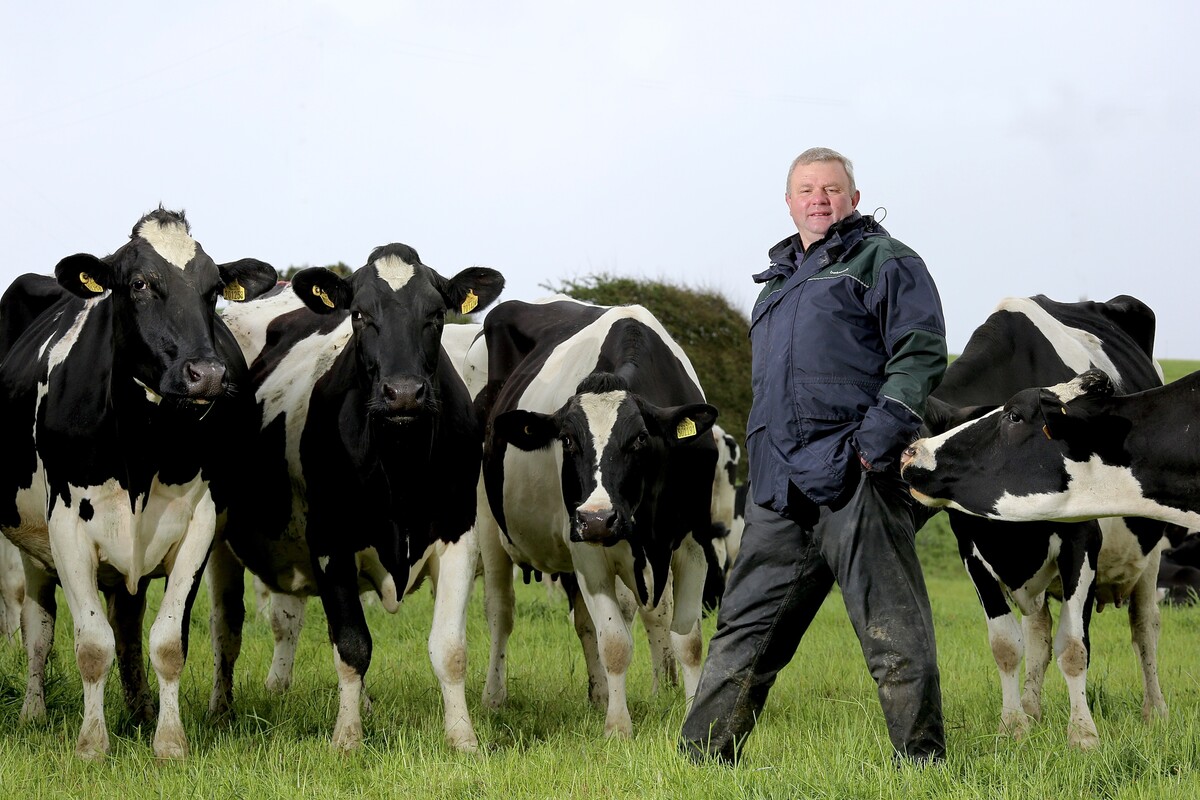NFU Cymru Water Quality Review Group Chair Martin Griffiths said: “Over the course of the past few weeks NFU Cymru has been inundated with calls from worried and concerned farmers on the implications of the introduction of closed periods for the spreading of slurry and organic manures with high readily available nitrogen.
'Farming by calendar approach'
“The challenging weather conditions through late summer and into early autumn severely restricted the number of days when it was possible to spread slurry, this means many farmers have now entered the closed period with slurry stores holding significant quantities of slurry. This once again shows the folly of the introduction of regulations that impose a ‘farming by calendar’ approach.
“The written statement from the Deputy First Minister today (15th October) provides some information on changes to the cross compliance verifiable standards, which we hope will reduce the level of penalties that some farmers have received or will face as a result of the impractical and unworkable nature of many elements of these regulations. However, the fact remains that the regulations, including the closed periods for spreading have not changed, and farmers will still be deemed to be in breach of the regulations and subject to potential penalty, albeit in certain circumstances reduced.
Derogation needed
“In the short term there is a clear need for the regulations to include a derogation for spreading during the closed periods in exceptional circumstances. A derogation that can be applied for without the fear of enforcement activity being undertaken. But we need a longer-term sustainable solution that allows farming businesses to be able to operate based on the weather and ground conditions on their farm and not an arbitrary date.
“Earlier this month we held a constructive meeting with Dr Susannah Bolton, the Independent Chair of the Welsh Government Statutory Review of the Water Resources Regulations, and we impressed on her the need to look at this issue, alongside a range of other concerns we have over the regulations. These concerns include issues with bureaucracy, inspections, planning rules, the costs of compliance and the de facto stocking limit imposed by the 170kg N limit. We sincerely hope that this review will provide the springboard to allow for changes to the regulations that deliver a more proportionate regulatory and enforcement approach, whilst tackling water quality issues where they are shown to be needed.
“NFU Cymru is urging farmers to complete its water quality survey, so we can better understand how these regulations are practically affecting farming businesses. The results of this survey will help inform our discussions with Welsh Government during the review process.”

